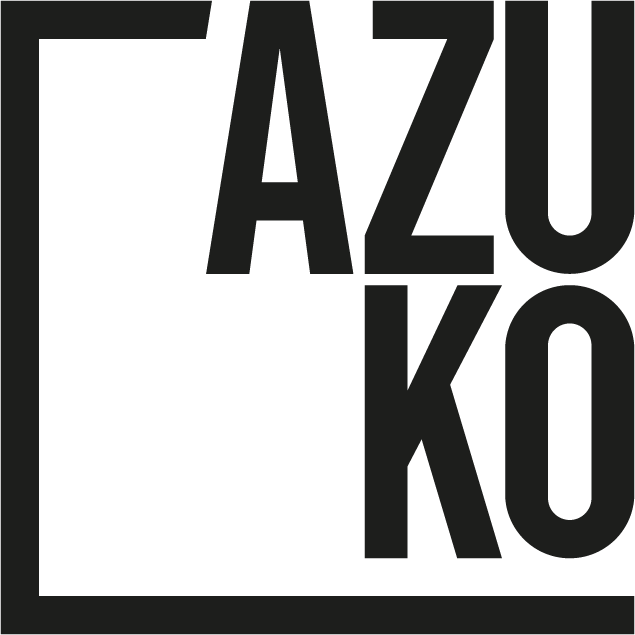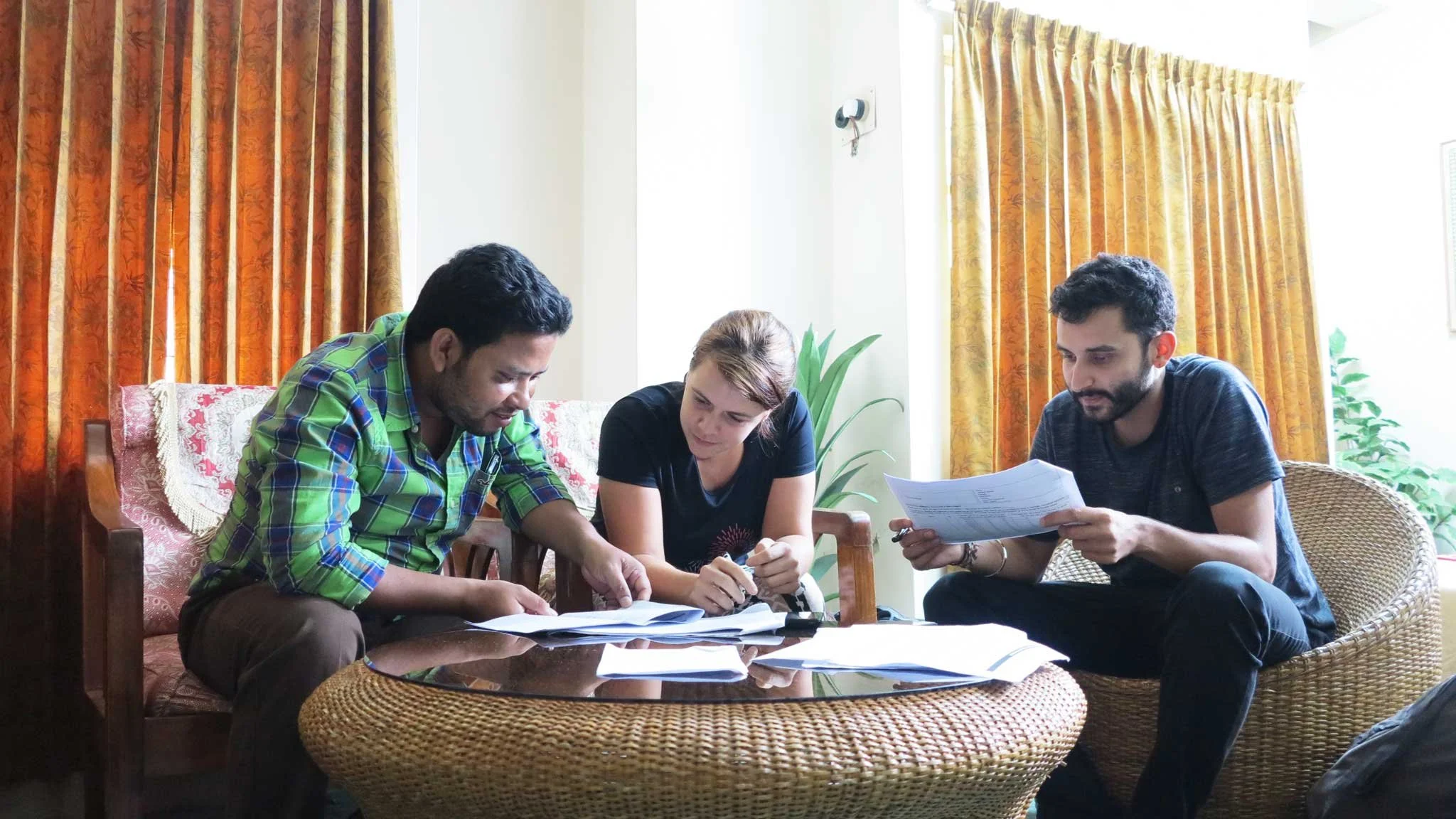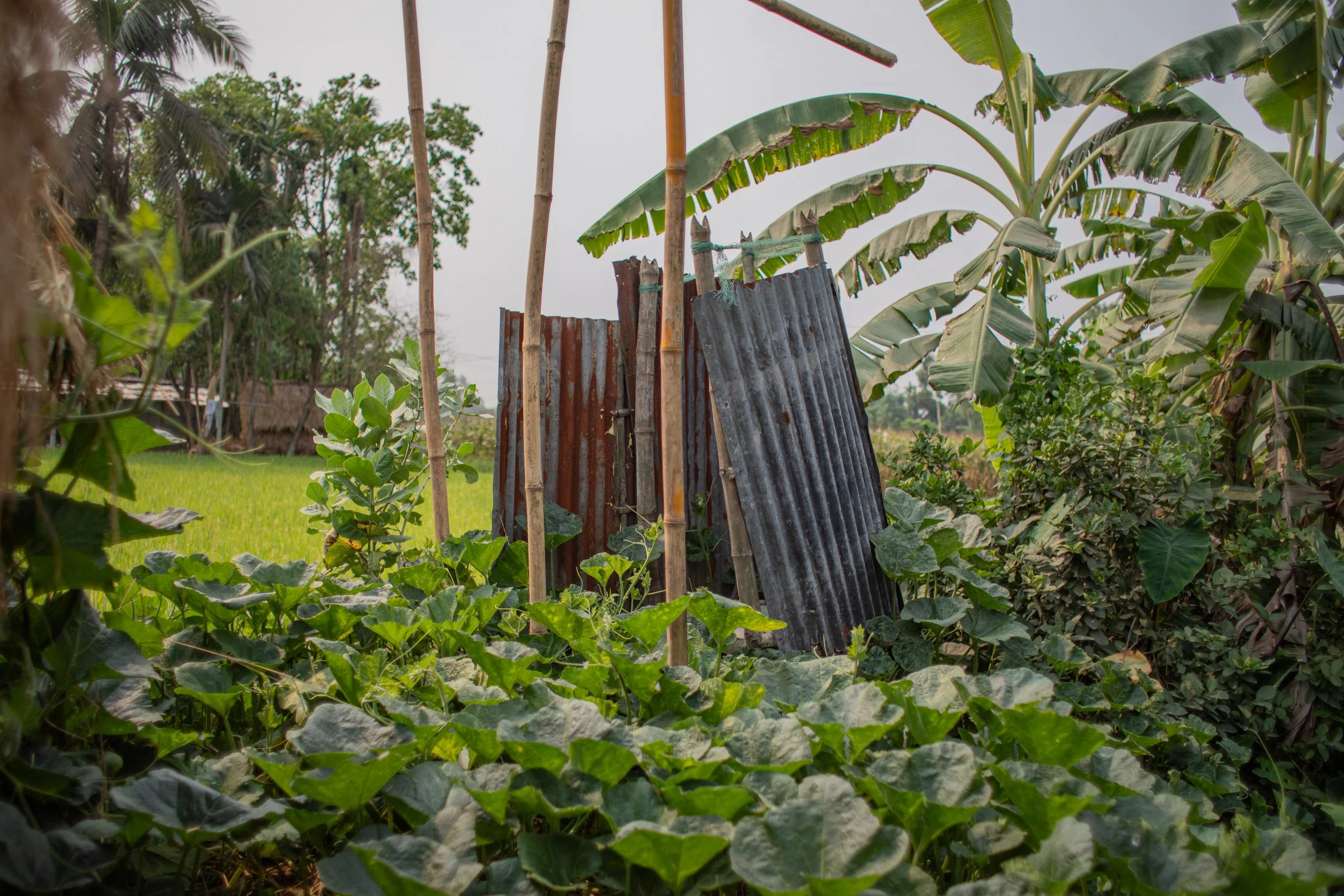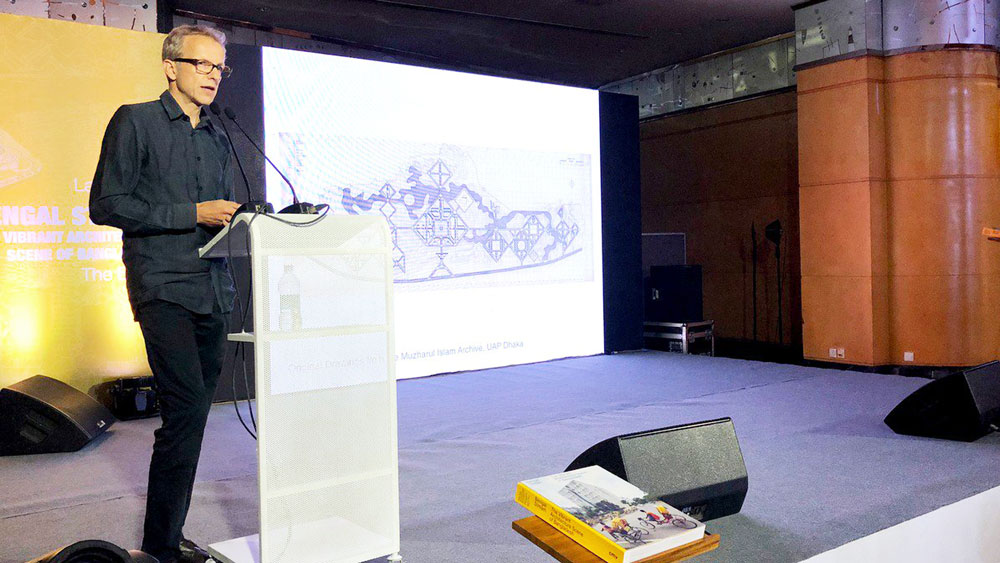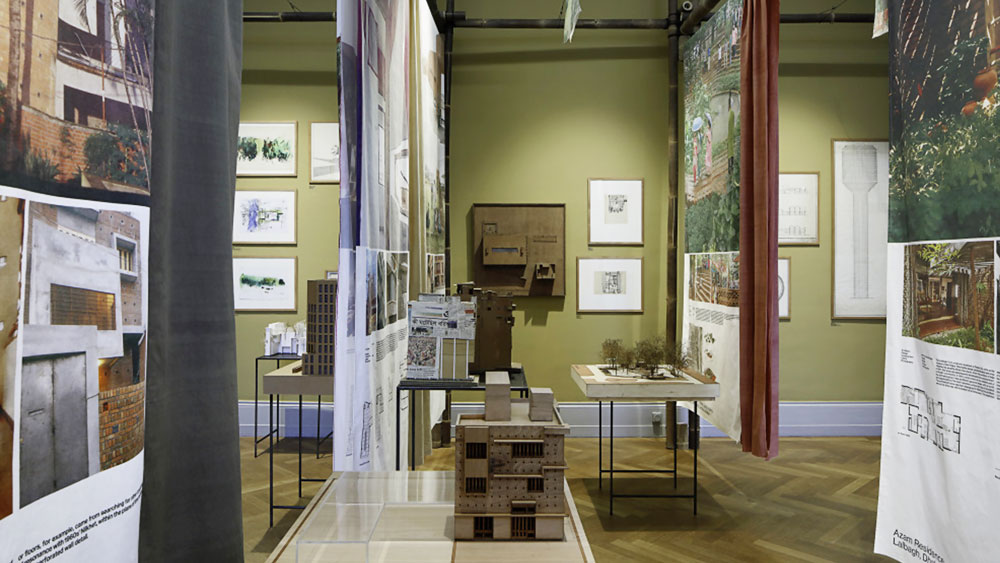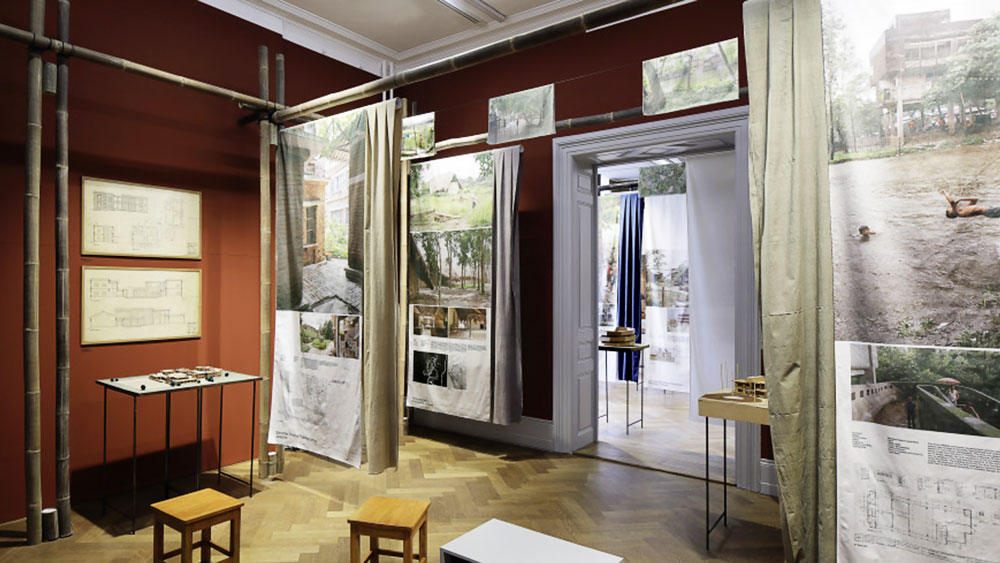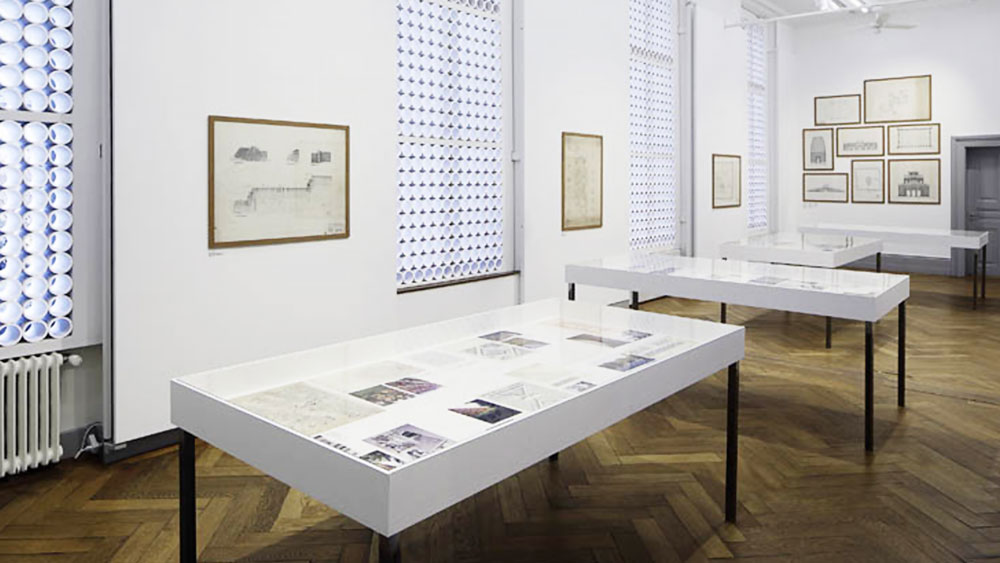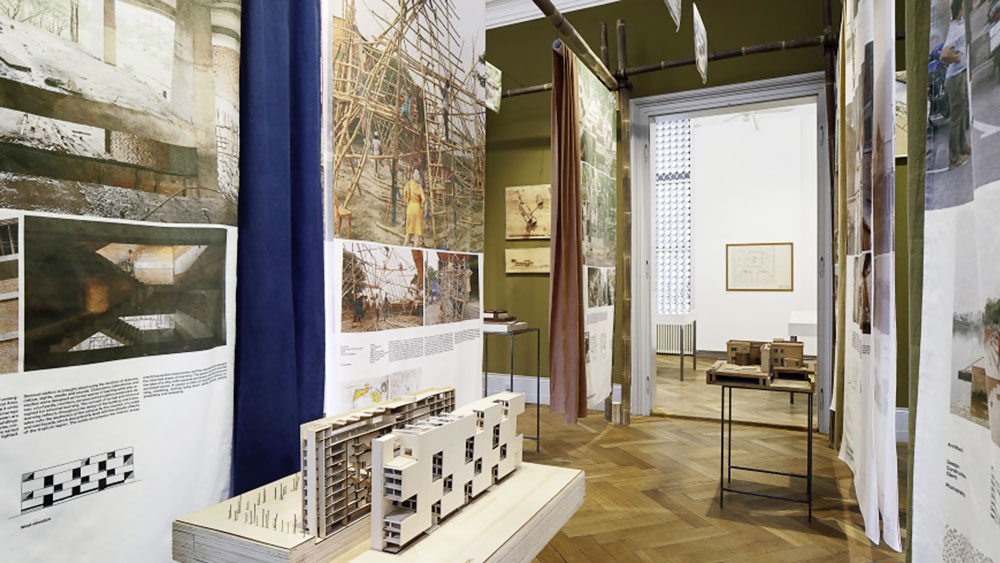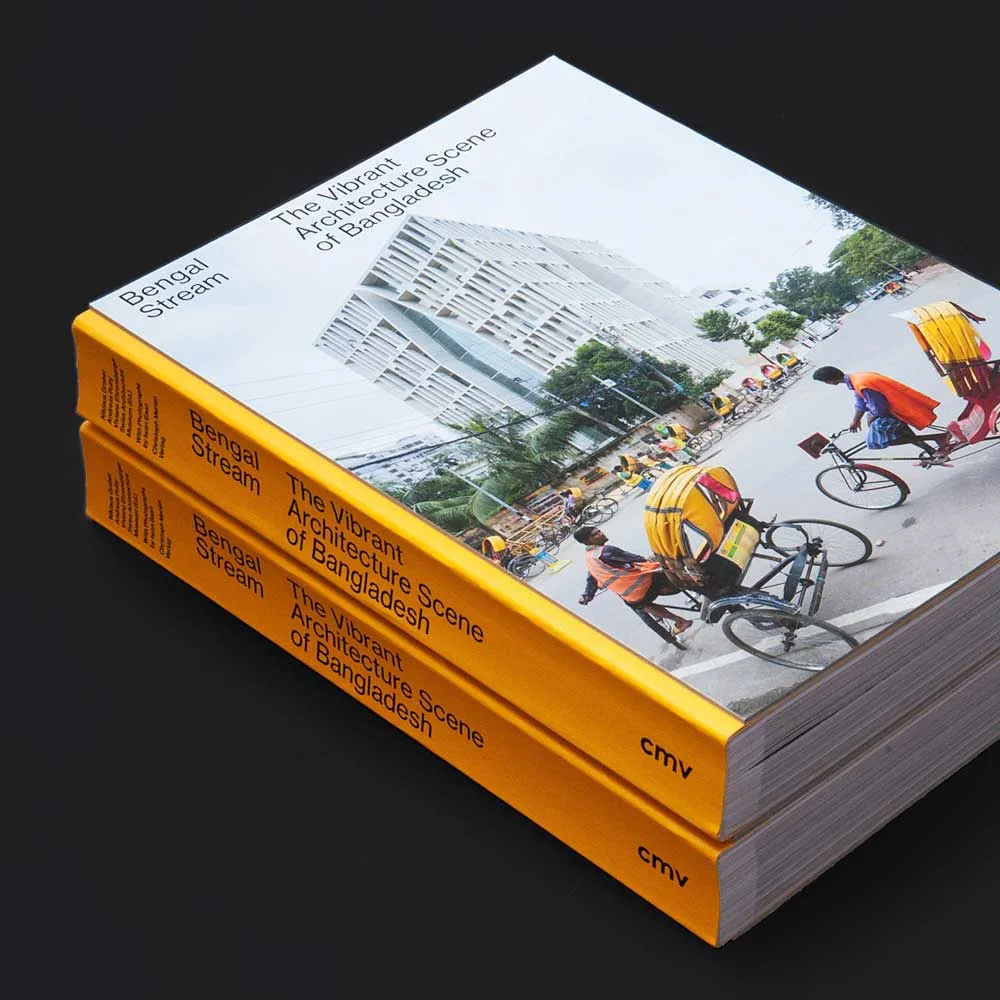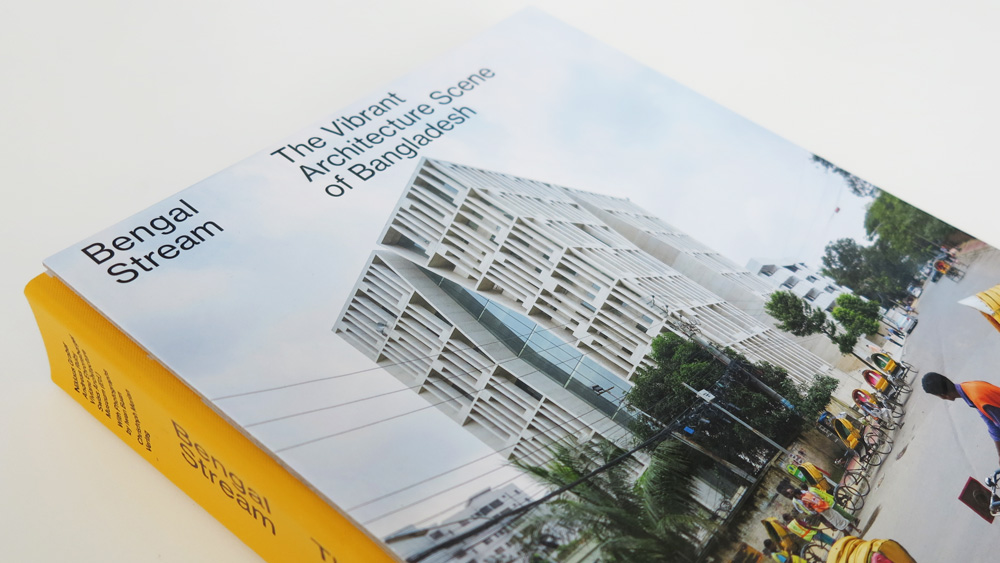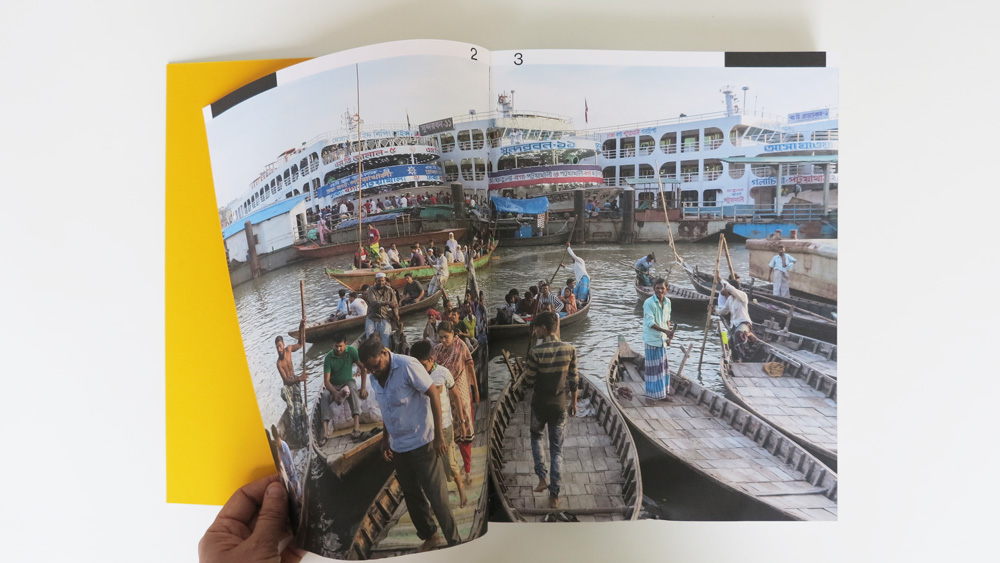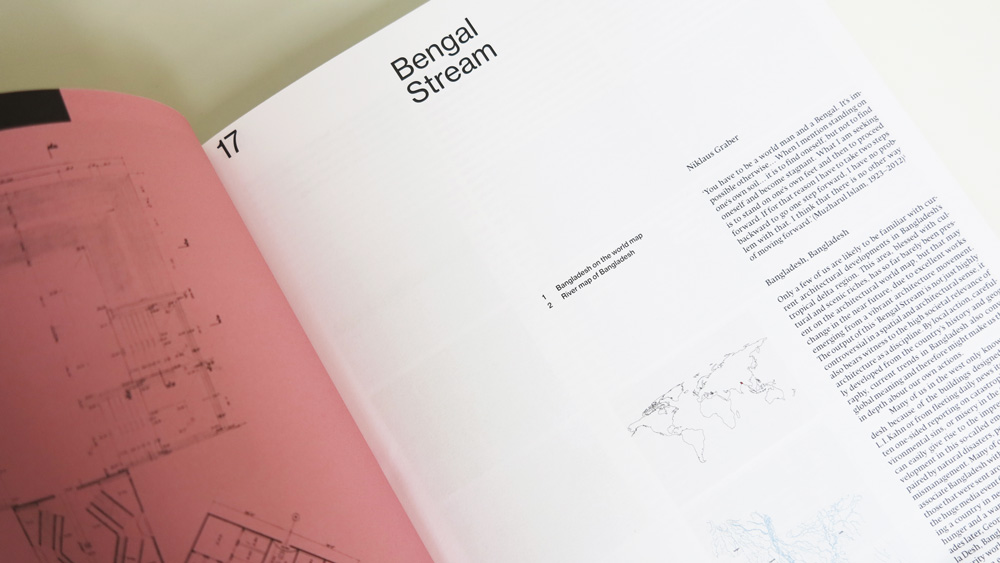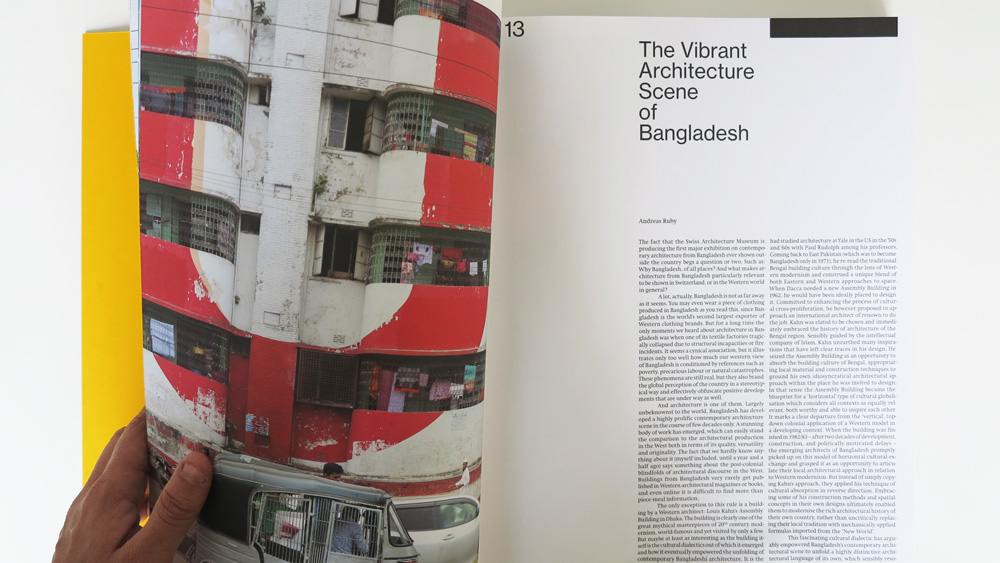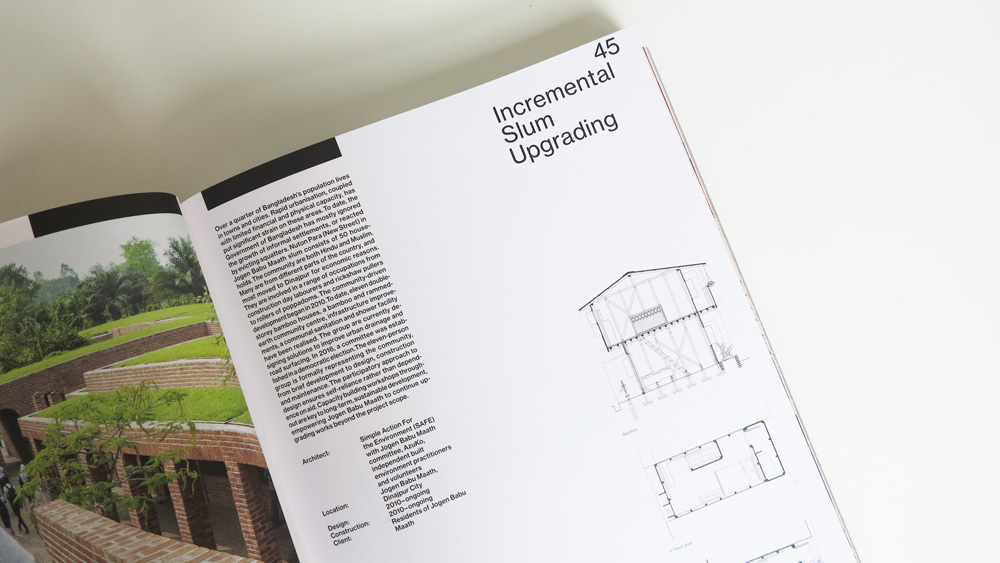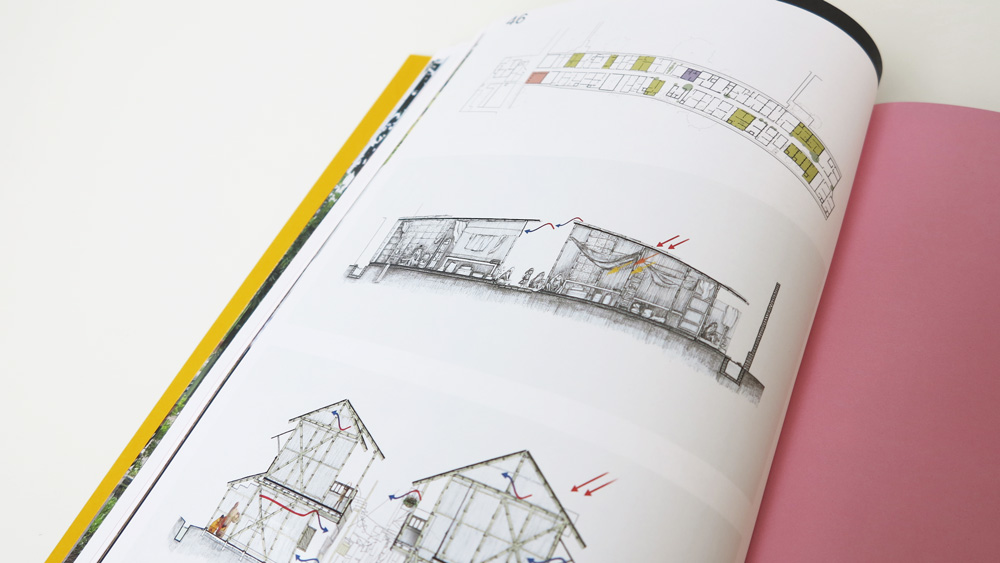Over a quarter of Bangladesh's population live in towns and cities. Rapid urbanisation, coupled with limited financial and physical capacity, has put significant strain on these areas.
To date, the Government of Bangladesh has mostly ignored the growth of informal settlements, or reacted by evicting squatters. New approaches to the urban context are needed.
“Throughout the world, slums upgrading is often done through investments in neighbourhood improvement that result in de facto security of tenure for the urban poor. This in turn allows families to incrementally improve their shelter conditions, thereby improving human capital, and leading to synergies in savings, employment and poverty reduction, and gradually incorporating informal settlements into city development.”
Global experiences show that slums upgrading requires strong engagement from urban poor communities for a number of reasons.
Slums and informal settlements are unique and dynamic. No single solution is suitable for all situations. Engagement is essential to create locally relevant and appropriate solutions.
Government delivery and private sector engagement can crowd out the poor. A community-led approach ensures that those involved in designing and implementing initiatives are also the beneficiaries.
As governments are slow to address urban improvements for slums, community-led approaches are often the only alternative.
We've been working with residents of Jogen Babu Maath slum, in Bangladesh, since 2010. Together with the community committee we’re mobilising residents, providing training, encouraging financing/saving, and improving infrastructure.
Author: J. Ashbridge
